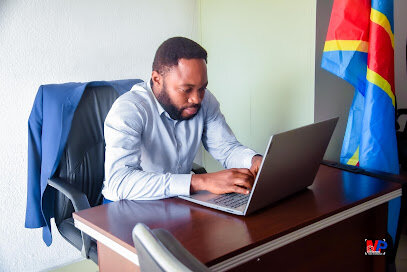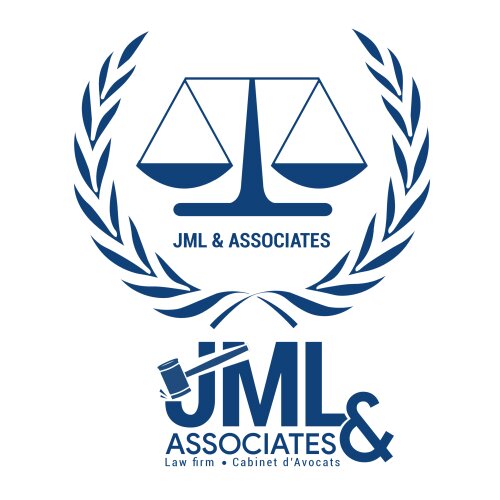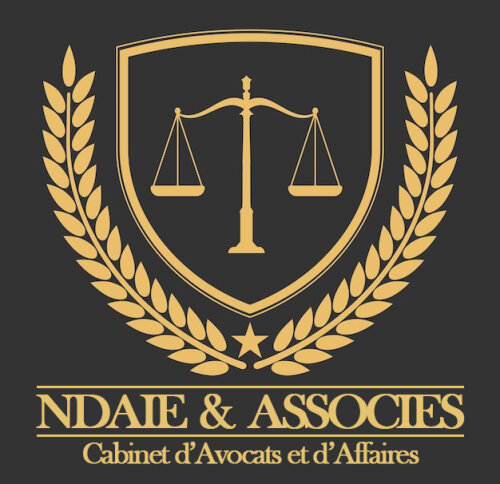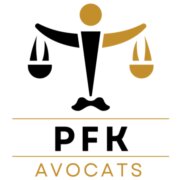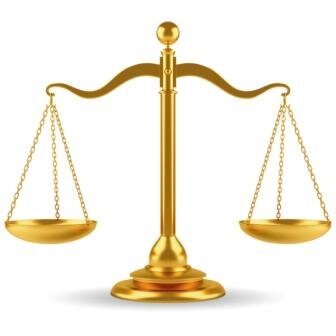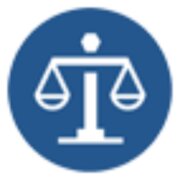Best Criminal Litigation Lawyers in DR Congo
Share your needs with us, get contacted by law firms.
Free. Takes 2 min.
Or refine your search by selecting a city:
List of the best lawyers in DR Congo
About Criminal Litigation Law in DR Congo:
Criminal Litigation in the Democratic Republic of Congo (DRC) involves legal proceedings related to crimes committed within the country. These proceedings can include investigations, trials, and appeals in criminal cases. It is important to understand the legal process and your rights if you are involved in a criminal matter in the DRC.
Why You May Need a Lawyer:
You may need a lawyer in criminal litigation cases in the DRC for various reasons, such as:
- Defending yourself against criminal charges
- Understanding your rights and the legal process
- Negotiating plea deals or settlements
- Appealing a conviction
Local Laws Overview:
In the DRC, criminal law is primarily based on the Congolese Penal Code. The legal system is a combination of civil law and customary law, with French legal principles heavily influencing the judicial process. It is important to be aware of your rights, obligations, and the legal procedures involved in criminal litigation in the DRC.
Frequently Asked Questions:
1. What are the different types of crimes under Congolese law?
In the DRC, crimes are categorized into various types, including crimes against persons, property crimes, and economic crimes. Each type of crime has its own legal implications and penalties.
2. What are my rights if I am accused of a crime in the DRC?
If you are accused of a crime in the DRC, you have the right to a fair trial, legal representation, and the presumption of innocence until proven guilty. It is essential to know and exercise your rights throughout the legal process.
3. How long does a criminal trial typically last in the DRC?
The duration of a criminal trial in the DRC can vary depending on the complexity of the case, the number of witnesses, and legal procedures involved. Some trials may take weeks or months to reach a verdict.
4. Can I appeal a criminal conviction in the DRC?
Yes, you have the right to appeal a criminal conviction in the DRC. An appellate court can review the trial court's decision and determine if any errors were made that warrant a new trial or a different outcome.
5. What are the penalties for committing a crime in the DRC?
The penalties for committing a crime in the DRC can vary depending on the severity of the offense. They may include fines, imprisonment, or other forms of punishment as prescribed by Congolese law.
6. Is it necessary to have a lawyer for a criminal case in the DRC?
While it is not mandatory to have a lawyer for a criminal case in the DRC, having legal representation can greatly benefit your case. A lawyer can provide legal advice, advocate on your behalf, and ensure that your rights are protected throughout the legal process.
7. What should I do if I am arrested in the DRC?
If you are arrested in the DRC, it is important to remain calm, cooperate with law enforcement officials, and request legal representation. You have the right to contact a lawyer and have them present during any questioning or interrogation.
8. How can I find a reliable criminal defense lawyer in the DRC?
You can find a reliable criminal defense lawyer in the DRC by asking for recommendations from trusted sources, researching online, or contacting legal organizations for referrals. It is essential to choose a lawyer with experience in criminal litigation cases and a track record of success.
9. What are the key steps in a criminal trial in the DRC?
The key steps in a criminal trial in the DRC include investigation, arrest, arraignment, trial, verdict, and sentencing. It is crucial to understand each stage of the legal process and how it can impact the outcome of your case.
10. How can I protect my rights during a criminal investigation or trial in the DRC?
To protect your rights during a criminal investigation or trial in the DRC, it is important to exercise your right to remain silent, request legal representation, and document any interactions with law enforcement. It is advisable to consult with a lawyer to ensure that your rights are upheld throughout the legal process.
Additional Resources:
If you are in need of legal advice or assistance regarding criminal litigation in the DRC, you can contact the Congolese Bar Association or the Ministry of Justice for information and resources. These organizations can provide guidance and support to individuals involved in criminal cases.
Next Steps:
If you require legal assistance in criminal litigation in the DRC, it is recommended to consult with a qualified lawyer who specializes in criminal law. A lawyer can assess your case, provide legal advice, and represent you in court proceedings to ensure that your rights are protected and that you receive a fair trial.
Lawzana helps you find the best lawyers and law firms in DR Congo through a curated and pre-screened list of qualified legal professionals. Our platform offers rankings and detailed profiles of attorneys and law firms, allowing you to compare based on practice areas, including Criminal Litigation, experience, and client feedback.
Each profile includes a description of the firm's areas of practice, client reviews, team members and partners, year of establishment, spoken languages, office locations, contact information, social media presence, and any published articles or resources. Most firms on our platform speak English and are experienced in both local and international legal matters.
Get a quote from top-rated law firms in DR Congo — quickly, securely, and without unnecessary hassle.
Disclaimer:
The information provided on this page is for general informational purposes only and does not constitute legal advice. While we strive to ensure the accuracy and relevance of the content, legal information may change over time, and interpretations of the law can vary. You should always consult with a qualified legal professional for advice specific to your situation.
We disclaim all liability for actions taken or not taken based on the content of this page. If you believe any information is incorrect or outdated, please contact us, and we will review and update it where appropriate.
Browse criminal litigation law firms by city in DR Congo
Refine your search by selecting a city.



